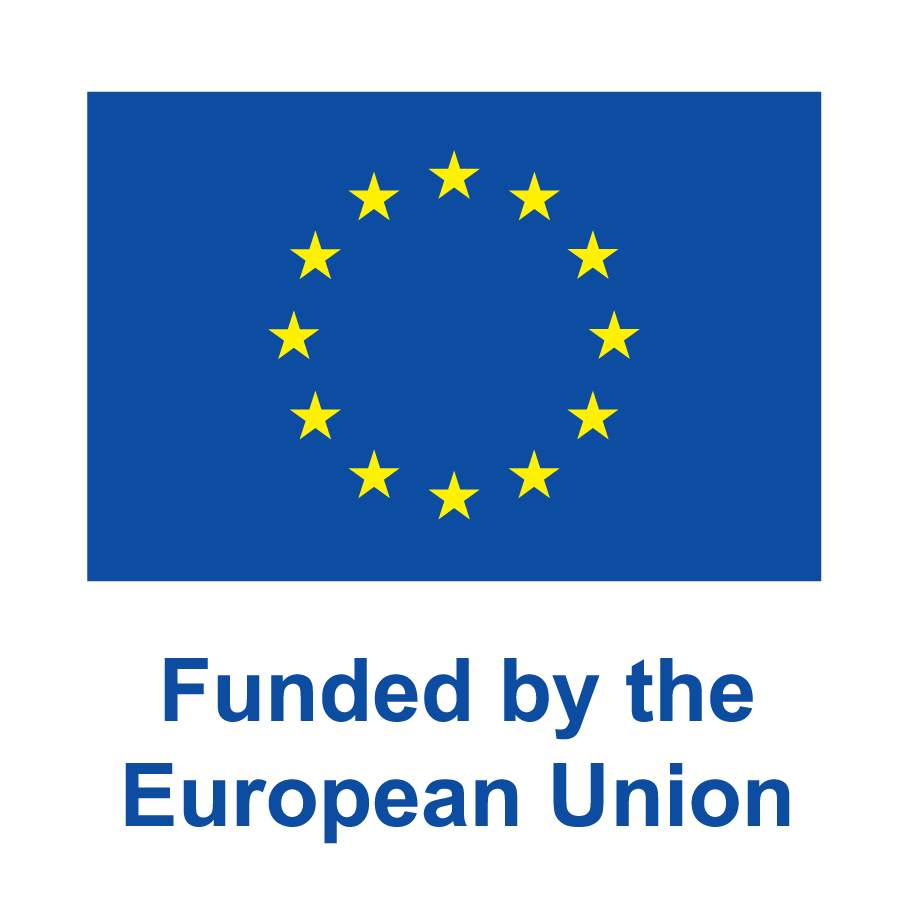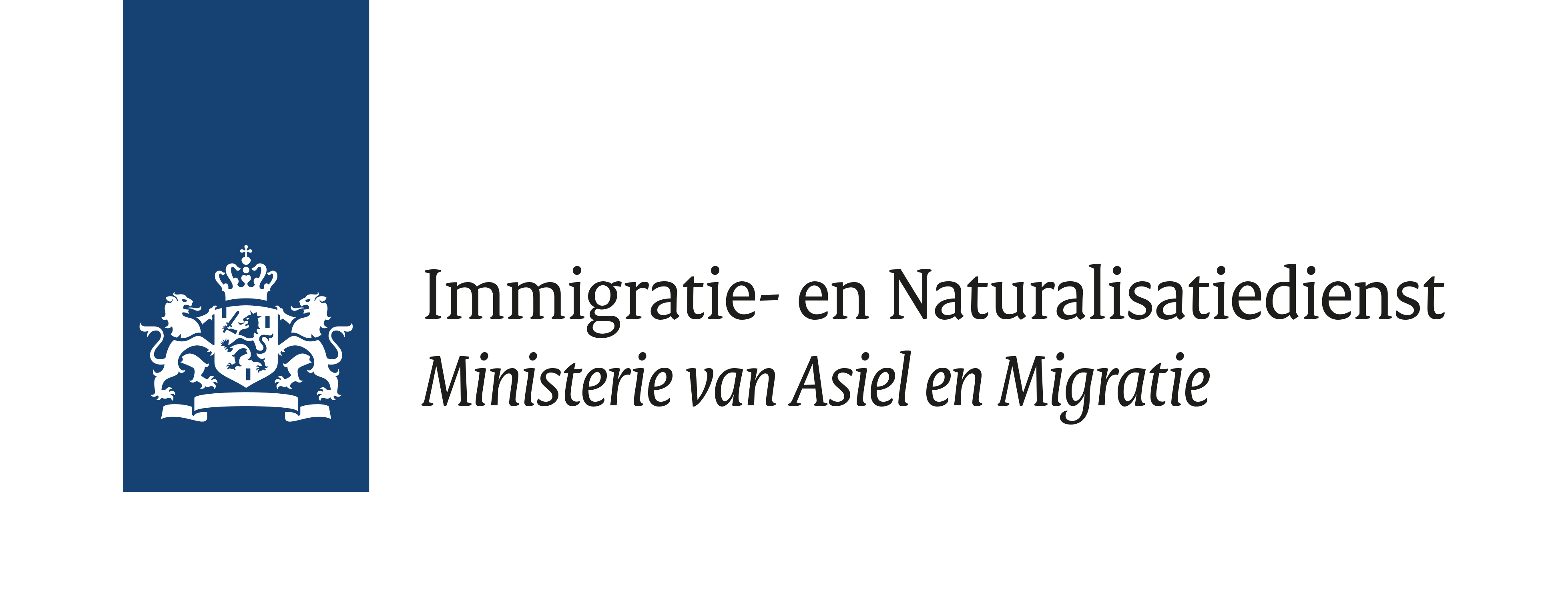10:30‐10:40 | Welcome
Mr. Hans Lemmens, Coordinator EMN Netherlands
Mr. Hans Lemmens welcomed the speakers and participants of the webinar. The around 130 participants consisted of a diverse audience such as practitioners, NGO representatives, government officials, and researchers, both from the Netherlands and other European countries. Mr. Lemmens briefly introduced the work of the European Migration Network (EMN) and the study on children in migration that preceded this webinar. It was highlighted that children in migration (CiM) is an important yet delicate topic, whereby Member States sometimes must engage in a balancing act between migration management policy goals and the protection and best interests of the child. Mr. Lemmens further introduced the program of this webinar focused on the transition to adulthood of children in migration, and encouraged the active participation of the audience through the chat function.
10:40‐10:50 | EC priorities on children in migration, Pact on Migration and Asylum, and the new EU Strategy on the Rights of the Child
Mr. Michael Shotter, Director for Migration, Asylum & Visa, Directorate‐General for Migration and Home Affairs, European Commission
Mr. Michael Shotter introduced the priorities of the European Commission (EC) regarding migrating children. In particular, Mr. Shotter highlighted the strengthened rights of (unaccompanied) children as part of the new Pact on Migration and Asylum, for example through the:
- Installation of shorter deadlines for the appointment of legal guardians for unaccompanied minors (i.e. within five working days) as well as access to education (i.e. within two months);
- Exclusion of children below the age of 12 as well as unaccompanied minors (UAM’s) from the border procedure;
- Determination of the Member State responsible for the asylum application of children solely based on the best interests of the child and prioritizing relocation procedure of unaccompanied minors.
In addition, the new EU Strategy on the Rights of the Child underscores the importance of the 2017 Guidelines on the Promotion and Protection of the Rights of the Child:
- All children have equal rights, regardless of their legal status;
- Recognition of the vulnerability of children in migration, in particular unaccompanied minors: strengthening and formalization of the guardianship system for unaccompanied minors, availability of alternative detention methods, provision of education.
10:50‐11:00 | Policy priorities in relation to children in migration in the Netherland
Mr. Joël Schoneveld, Deputy Director Asylum and Protection, Immigration and Naturalisation Service, Ministry of Justice and Security
Mr. Schoneveld praised the new Pact on Migration and Asylum and the EU Strategy on the Rights of the Child. He noted that there has been an increase in unaccompanied minors arriving to the Netherlands over the past months, and emphasized the need for intra-EU cooperation to tackle issues related to migrating children. Thereby, Mr. Schoneveld referred to a documentary on Dutch television called ‘Lost Boys’ (‘Verloren jongens’), which shows the complexity and challenges that can arise from the situation of unaccompanied minors travelling to Europe. In addition, Mr. Schoneveld highlighted the four most pressing challenges in the Netherlands when it comes to migrating children:
- Unaccompanied minors travelling between EU countries, including concerns related to addiction and exploitation (emphasizing the need for tracking young migrants and their secondary movements);
- Nuisance created at reception centres by young male migrants, usually from safe countries of origin;
- Provision of appropriate youth care (emphasizing the need for special reception centres, guidance, and potentially raising the age limit of migrant ‘children’);
- Transition to adulthood of migrating children.
11:00‐11:10 | Q&A session on EC and Dutch priorities
How does the Netherlands deal with unaccompanied minors coming from safe countries?
Mr. Schoneveld highlighted the importance of the age determination discussion, meaning the verification that an unaccompanied migrant is indeed a minor. Thereafter, unaccompanied minors will be provided with support such as legal guardianship, although children need to return if they arrived from a safe country where they are provided with adequate reception.
What are the main obstacles to the (policy) goals that were proposed by Mr. Shotter and Mr. Schoneveld earlier?
Mr. Shotter reasserted the delicacy of questions concerning migrating children, and the importance of considering the perspectives of different parties (such as Member States) involved. He further emphasized the need for intra-EU solidarity, compromise, and flexibility. Mr. Shotter also called for constructive positivity instead of pessimism and noted that “we need to improve the system, we can improve the system, so let’s improve the system.”
Mr. Schoneveld agreed with this view and highlighted that an open intra-EU dialogue is needed to improve the system further.
11:10‐11:15 | Break
11:15‐12:05 | Panel discussion on national policy priorities on the transition to adulthood
Introduction by Hans Lemmens: The EMN study 'Children in Migration' revealed that there exist significant differences between Member States when it comes to the transition to adulthood of such migrant children. For example, the access to special detention facilities and guardianship for transitioning minors differs per Member State. While most Member States offer specialized support regarding education and training of transitioning minors, different levels of specialized (mental health) care are provided.
Panel discussion: Mr Lemmens invited three experts from Ireland, Belgium and the Netherlands to briefly present the main characteristics of policies and practices in their respective countries.
Ireland: Mrs. Barbara Monaghan, social work team leader, Team for Separated Children Seeking Asylum, TUSLA/Child and Family Agency (Sir Patrick Duns Hospital)
Unaccompanied minors in Ireland are supported during and after the transition to adulthood in a so-called ‘continuum of care’. This means that minors start receiving care from a social worker immediately after arriving, and continue to be offered individualized ‘after-care’ from the age of 18 until 23 (and thereafter, if needed). In total, 114 individuals are currently receiving aftercare at the Agency, of which 70% live independently with support and 90% are in education and training.
Belgium: Mr. Karl de Winne, senior policy officer Non‐accompanied minors, Fedasil (Federal agency for the reception of asylum seekers)
Unaccompanied minors arriving in Belgium go through a three-step reception procedure. At the age of 18, they are transferred to a regular asylum reception center (in case the decision on their asylum application has not yet been issued). If they have been granted a residence permit, transitioning minors may apply to regional agencies for youth care available to all transitioning adults until the age of 25. Fedasil is also working on offering specialized guidance to young adult migrants arriving to Belgium (<25 years) who may have similar needs as UAM’s.
Netherlands: Mrs. Noor Bertens, policy officer, Nidos (national guardianship and reception institution for unaccompanied and separated children in The Netherlands)
Unaccompanied minors in the Netherlands are entitled to specialized care and reception until the age of 18. Thereafter, they move to independent housing (organised by local governments), or to a regular reception center in case no decision on their asylum applications has been reached yet. Mrs. Bertens emphasized that local governments face many challenges, especially regarding the provision of independent housing, and that extendedsupport and reception during the transition into adulthood of migrant children is required.
12:05‐12:25 | Results polls, panel discussion
Firstly, Mr. Lemmens presented the answers of the poll questions which the participants could answer through an online poll during the webinar.
Poll question 1: Until what age should support be offered to former unaccompanied minors?
- The results from the poll indicated that the age of 21 may be the most appropriate to end (child) support (indicated by approx. 70% of the participants). However, it is difficult to indicate a clear-cut age boundary.
- All panel members agreed that a clear-cut age boundary may be challenging and that individualized case-by-case assessments are required. Mr. de Winne (BE) and Mrs. Monaghan (IR) indicated that this flexibility exists in Belgium and Ireland. Mrs. Bertens (NL) emphasized the importance of having a standard possibility to extend specialized support to transitioning children above the age of 18 if needed, although this should not be obligatory.
Poll question 2: Should the status of a former unaccompanied minor make a difference when it comes to the extent of the support offered (e.g. in the possession of a residence permit, being a citizen of the country)?
- The results from the poll indicated that the legal status of a minor should not matter for their care.
- All panel members emphasized the importance of providing flexible and tailored care for the vulnerable category of children in migration, which can be challenging. Mrs. Monaghan (IR) indicated that care providers enjoy a certain degree of discretion in that regard.
Q&A session: After discussing the two poll questions, the webinar continued with the Q&A session.
Question: What is the most important challenge when it comes to the transition to adulthood of migrating children?
Panel members noted that the transition to independent housing can be difficult, especially because many transitioning minors wish to move to urban areas where there is a shortage of affordable housing. In addition, guaranteeing transitioning individuals’ access to regular mental health care services can be challenging. Overall, it can be said that similar challenges are observable across the different countries (BE, IR, NL), and that intra-EU cooperation mechanisms and networks (such as the guardianship network) are very helpful.
Question: The approach to offering legal guardianship for unaccompanied minors differs across Member States. Should this be an independent professional or someone from within the system?
Mrs. Bertens (NL) reported that guardians for unaccompanied minors are supported by but independent from Nidos, and Nidos is in turn supported by but independent from the government. Mr. de Winne (BE) indicated that the guardianship services in Belgium fall under the ministry of justice and not immigration, which guarantees guardians’ independence from the migration procedure. He added that such independence was important, since the organizational interests of migration agencies may at times conflict with the best interests of the child. In contrast, Mrs. Monaghan (IR) noted that unaccompanied minors in Ireland are automatically allocated a social case worker from within the system.
Question: How do you support mental health challenges during/arising from the transition to adulthood?
- Mrs. Monaghan (IR) emphasized the importance of having an open dialogue and preparing minors for the transition into adulthood, for example through the provision of the necessary tools and guidance, the availability of therapeutic support, as well as mentoring (i.e. peer support).
- Mr. de Winne (BE) noted that many stressors causing mental health issues in migrant children arise from the situation in the destination country rather than from pre-existing trauma, which is why the living conditions during and after the asylum procedure need to be monitored continuously. In addition, it is crucial to ensure short and efficient asylum procedures.
- Mrs. Bertens (NL) reiterated that stress in the destination country (e.g. due to issues surrounding the asylum application, family reunification, or the transition to adulthood) is common among transitioning unaccompanied minors. Therefore, an important aspect of the support offered to UAMs is to help them deal with such stress factors (e.g. through their guardians and/or psychologists). The challenge in this regard is to ensure that these complementary services adequately meet the needs of the target group.
12:25‐12:30 | Concluding remarks
Mr. Lemmens (EMN Netherlands) thanked all speakers and panel members, the support staff, as well as the audience. He emphasized that there exist multiple opportunities for intra-EU cooperation when it comes to the transition to adulthood of children in migration, and that challenges in different Member States often appear to be overlapping. As a concluding remark, Mr. Lemmens reiterated the plea made by Mr. Shotter (EC) to focus not only on the challenges and shortcomings, but also on the positives and the opportunities that exist in the cooperation regarding children in migration and in particular their transition to adulthood.
For the presentations of Ireland, Belgium and The Netherlands and the webinar recording, please see: Webinar 'Children in migration in Europe': a look back
For the studies of the European Migration Network (EMN) and EMN Netherlands on children in migration, please see: EMN study: Children in migration in Europe


